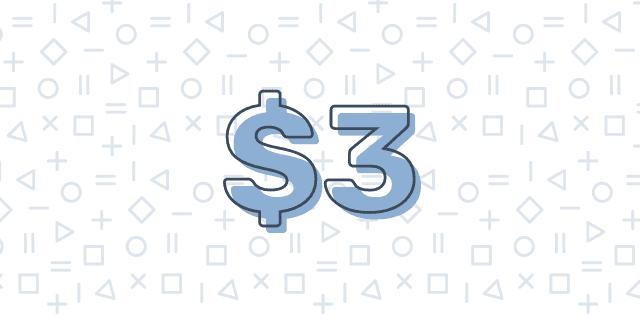That’s how much the monthly payment on a typical car loan would go up if the Federal Reserve raises its benchmark interest rate by the amount it’s expected to on Wednesday, showing that the interest rate hike is unlikely to have much of an immediate impact on consumers.
Car loans are one of many financial products whose interest rates are closely tied to the benchmark Fed funds rate, so if the Fed raises that rate by 0.25 percentage point, as it is widely expected to do, car loan interest should increase by close to that amount. For a 60-month car loan of $25,000, that means $3 a month more.
“It’s not something that’s going to necessarily impact the decision or the timing, or the type of vehicle one can afford,” said Adam Phillips, managing director of portfolio strategy at EP Wealth Advisors. “I don’t think you’re really going to see a meaningful impact there.”
That’s not to say the Fed’s decision this week won’t change anything for consumers’ finances. Officials of the central bank have said it’s time to start fighting today’s red-hot inflation by raising interest rates. They have kept the benchmark rate near zero during the pandemic to keep borrowing costs low and stimulate the economy. Making it more expensive to borrow should discourage spending and help bring supply and demand back into balance.
Analysts expect a quarter-point bump in the benchmark rate to be announced at the end of the Federal Open Market Committee meeting on Wednesday, and additional hikes in the following months. The fed funds rate could go up to around 2% by the end of the year, according to some forecasts.
That means borrowing costs for car loans, credit cards, and other financial products would likely rise. But the silver lining for consumers is that interest rates on bank savings accounts would finally go up as well.
Have a question, comment, or story to share? You can reach Diccon at [email protected].
